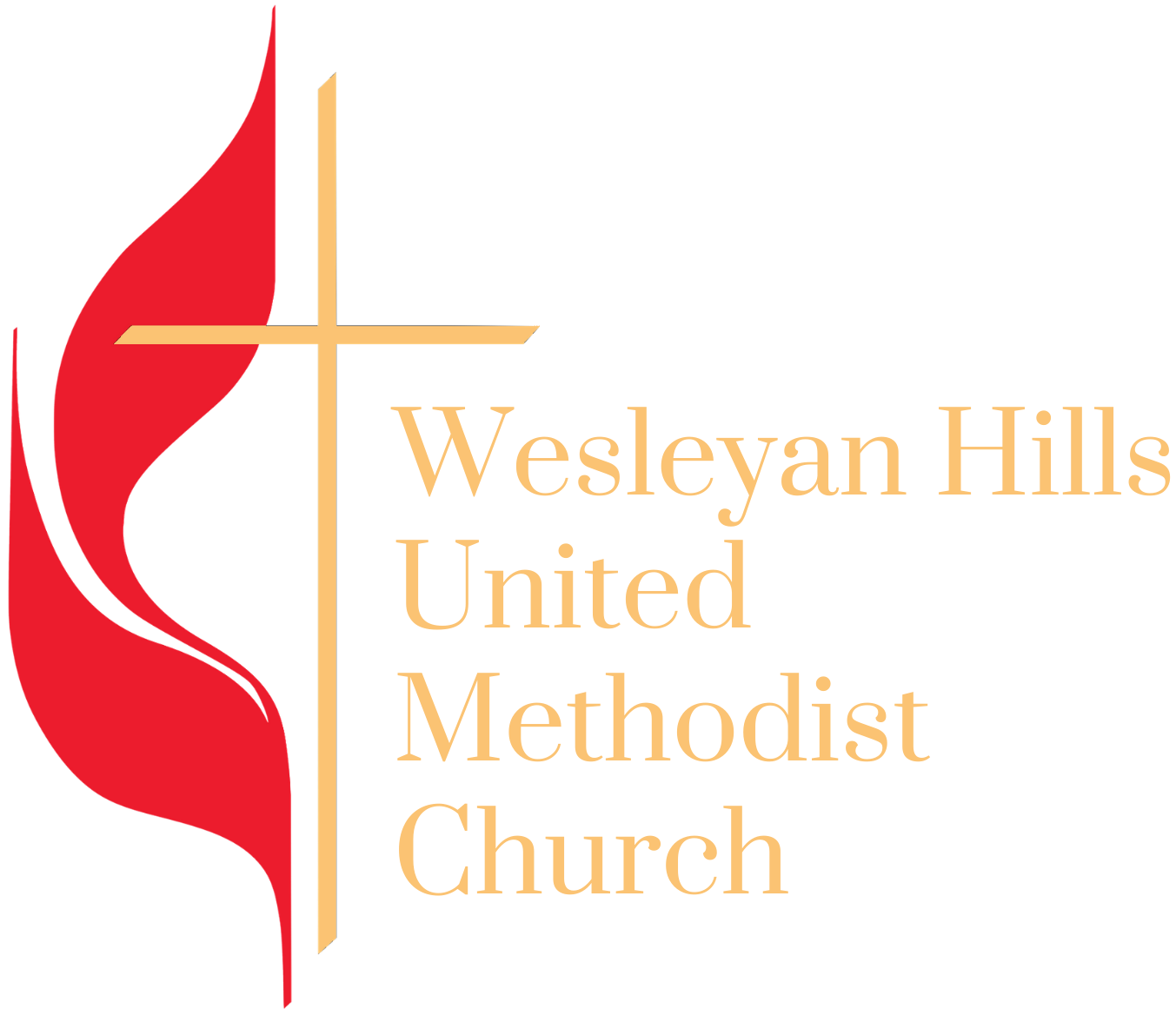Who We Are
Who are United Methodist Christians? What beliefs and practices do United Methodists hold in common with all Christians? What doctrinal emphases are unique to United Methodist practice of the Christian faith and how do they influence a United Methodist understanding of the activity of the Gospel of Jesus Christ in the world? If these questions are important to you, then you will enjoy searching the links provided below in order to learn more about United Methodist doctrinal standards and practices of the Christian faith.
As you search these pages, it will be helpful to ground your reading in Methodism’s historic understanding of the operation of God’s grace in the life of a Christian. United Methodism is rooted firmly in the Arminian tradition so named after Dutch theologian, Jacobus Arminius (1560-1609) who taught in the face of the popular Calvinist doctrine of the day called predestination.
Professor Arminius taught that it is not a violation of God’s sovereignty for men and women to have some degree of free will in which we can either accept or reject God’s offer of salvation through Jesus on the cross. Additionally, an Arminian understanding of the operation of God’s grace is that the salvation God offers through the cross of Christ is to all and for all as opposed to an elect number of souls predetermined by God at the foundation of the world.
These two perspectives, that God has created humankind and gifted us with a degree of free will, and the universal offer of God’s act of salvation through Jesus’ death and resurrection influence deeply United Methodist understanding of Christian life and community in general and the role of God’s grace specifically. A United Methodist understanding of God’s grace is what Dr. Randy L. Maddox has called appropriately, responsible grace. Essentially, our sovereign God has determined that you and I will not be saved in spite of ourselves. We understand that God freely calls all humankind to participate into God’s plan of salvation, not only as that plan relates to the peoples of the earth, but for the earth itself and all forms of life the earth contains.
One last word as you prepare to surf these links on United Methodist teaching. Dr. Ted Campbell, in his book Methodist Doctrine: The Essentials writes these appropriate words:
“The end or goal of Methodist teaching is not the advancement of Methodism. Our heritage has been used by God for a much greater end: the coming of the reign of God’s kingdom. So we should pray fervently for the day when Methodism…and… the Wesleyan heritage finally dissolves into the glory of the ‘one, holy, catholic and apostolic church.’ In the words of Charles Wesley, ‘names and sects and parties fall; thou, O Christ, art all in all!’”
Our hope is that you enjoy investigating the links provided below! If you have any questions about what you read here, send our pastor, Susan Sharpe, an e-mail at SusanS@wesleyanhillsumc.org.
